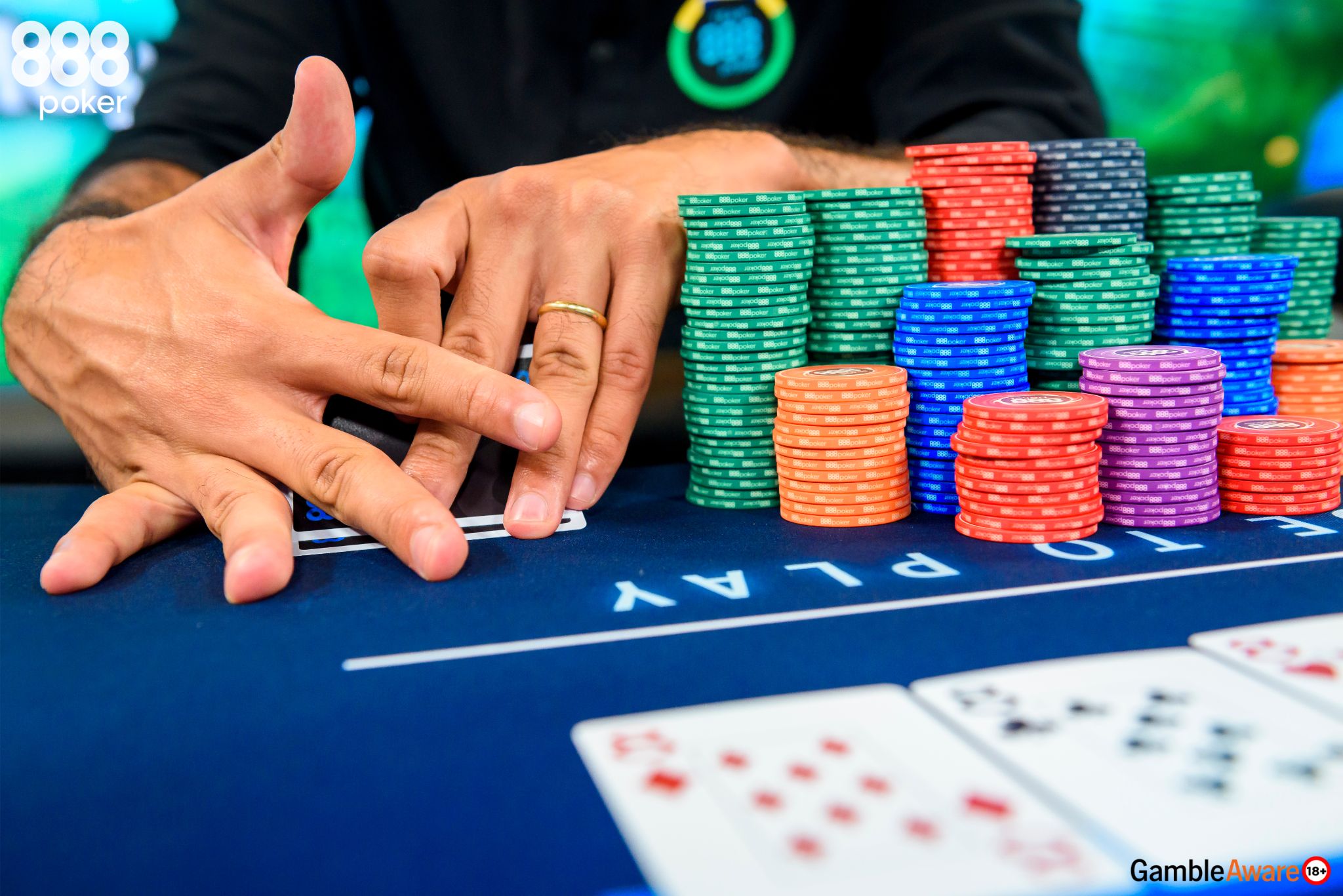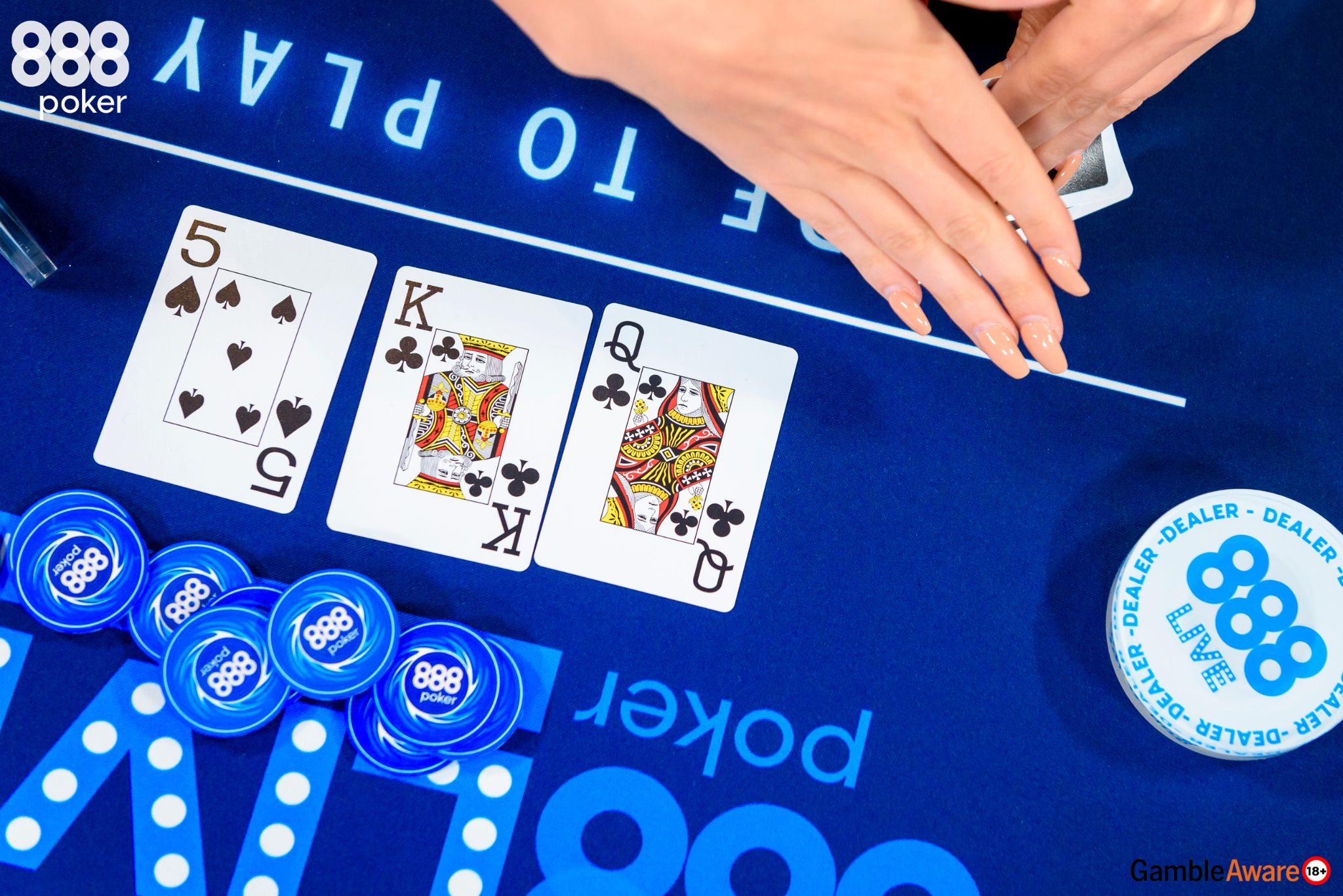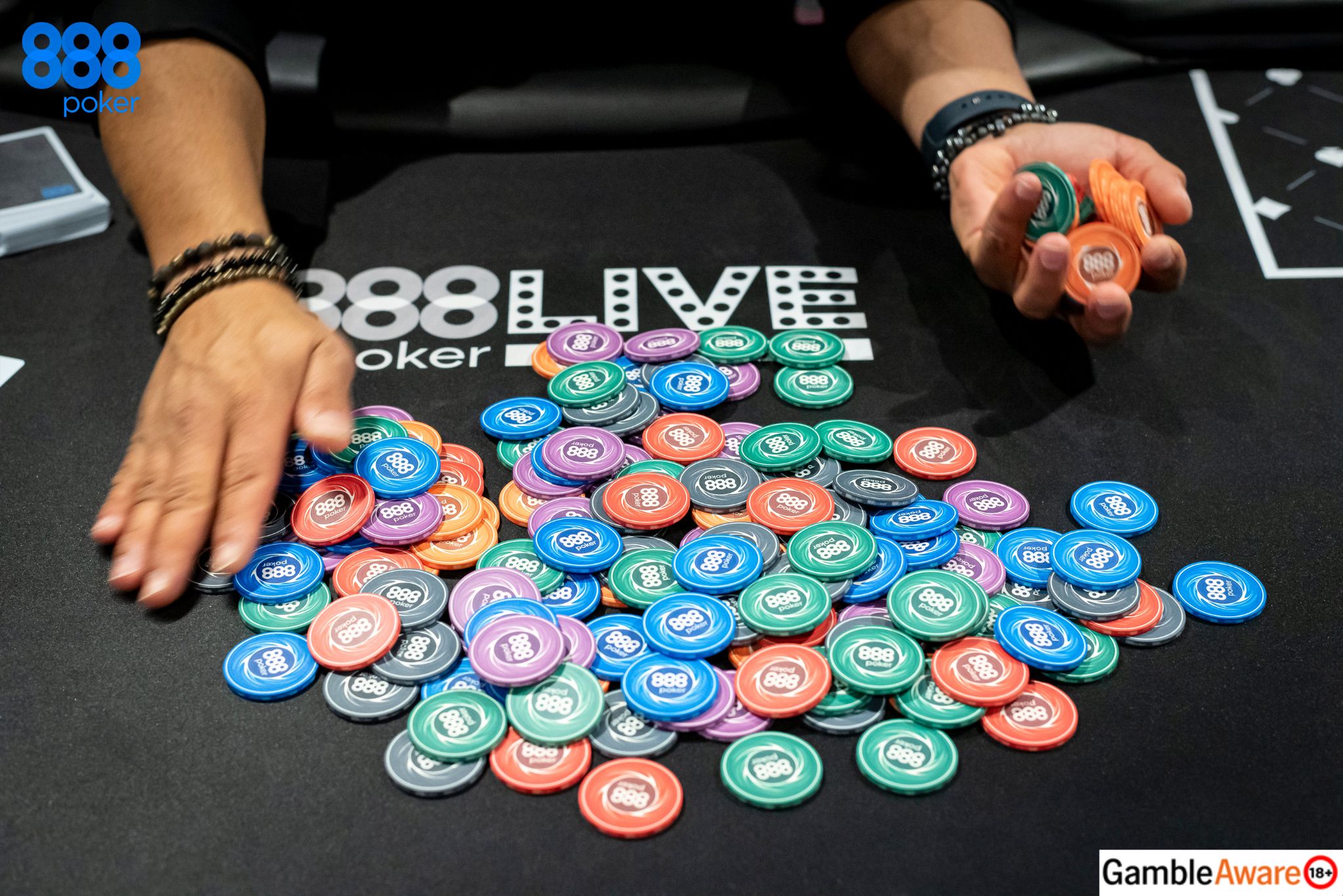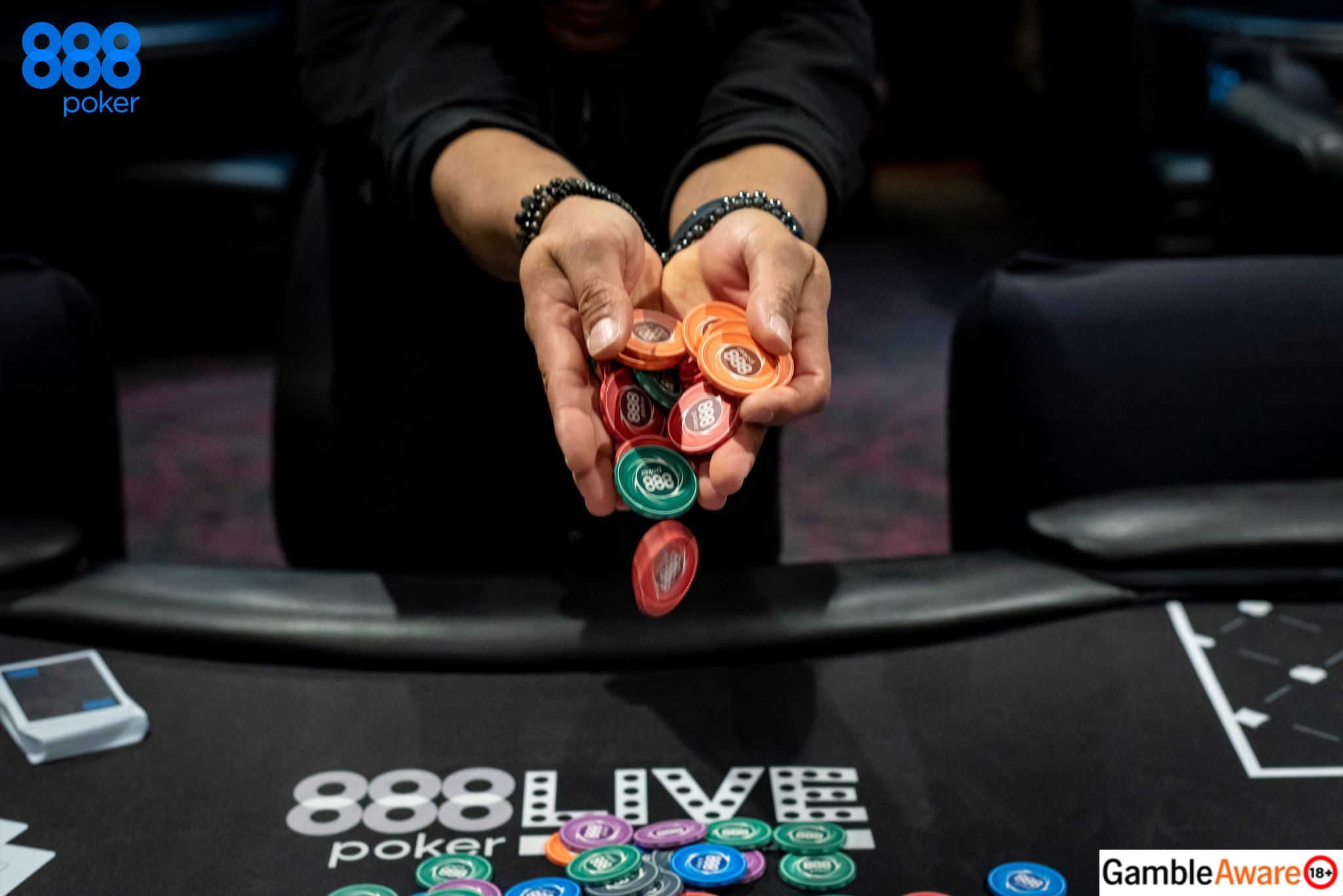Updated on April 15, 2025
Something that pees poker players off is ‘hitting and running’. In case you’re unfamiliar with the expression “hit and run in poker”, this poker term refers to the act of leaving the table quickly after winning a big pot.
While there are no rules against it, many players get annoyed when someone hits and runs, especially if it causes the following –
- The game breaks.
- Someone sucked out.
- It was them that lost the big pot.
Instead, classic poker etiquette says you should stick around for a little while to give your opponent a chance to win their money back.
Hit and Run: Historical Context
The term ‘hit and run’ in poker can often describe situations off the felt in which someone causes a commotion and leaves. So, it makes sense that it means the same thing in poker games. Though it’s unclear when it was first used, it’s a very common expression these days.
Why Does It Annoy People?

There are a few reasons why people take issue with a hit and run in poker:
- Some consider it disrespectful or rude, while others are looking for another reason to complain.
- Beneath the excuses, however, the main objections to hitting and running stem from frustration and jealousy.
Poker is a selfish game. For you to win, others have to lose, and this makes players competitive. Even when our ‘friends’ win, a small part of us wishes it was us instead.
So, it can be infuriating to see a random opponent stuffing handfuls of chips into racks and skipping their way to the cage after a huge suck-out.
Branding them a ‘hit and runner’ is a way of releasing that frustration without losing face.
For reasons we’ll look at later, most hit and runners don't realise they are doing anything wrong, and strictly speaking, they aren’t. It’s not like they’re using a poker cheat sheet.
Usually, a hit and run is simply an act of someone caught in the moment and happily enjoying their victory, which makes getting angry a spiteful reaction.
Hit and Run Strategy

Some short-stacking strategies exist that can use hitting and running tactically. However, poker providers usually require players to buy in with the same amount they left the table with.
This rule stops players from being able to implement hit and run strategies effectively.
When Is It OK To Hit and Run in Poker?
Though hit and runs usually upset people, it's fine to do so if you previously announced that this was your last hand or that you were leaving soon.
Players would have already known that you were outta here anyway and weren't just going because you won a big pot.
Dealing With a Hit and Run in Poker
If getting hit and run is too difficult to ignore, there are ways to combat hitting and running in private types of poker games.
The most common is to begin a clock after a player wins a big pot over a specific number of BBs. If they try to leave early, they will face a fine or must post the blinds until the time runs out.
If you decide to implement this rule in your home games, make sure you make it clear before the game starts to avoid any arguments.
Are Hit and Runs Bad for the Game?
Despite being incredibly unpopular, hit and runs are a good thing. That might sound a little controversial but just hear us out before you get all rankled.
Consider who is likely to hit and run in poker. It's not the pros or regs. These guys understand poker etiquette and poker GTO and know the value of staying in a good game, especially if they’re winning.

So, the most likely hit and run culprits are recreational long-term losers simply trying to book a win.
…And can you really blame them? They joined the table to make a quick buck. They don't care about the long term; they are in it for the thrill and the buzz and probably came for a quick spin-up..
As far as they’re concerned, it’s mission accomplished. Why would they stay and risk their winnings, especially if they know they are outclassed strategically?
Riding the Hit and Run in Poker High
Though it might help your immediate EV if they stick around, recreational players can get frustrated if they stay and lose some of their winnings.
Often, they focus more on these losses than their overall profit, which can leave them with a bitter taste in their mouth and make them far less likely to rush back to the tables.
When they hit and run, however, these players avoid this dejection. Instead, they get to leave on a high and savour their victory at its peak.
They can go for a lavish ‘free’ meal, hit the shops, or dive into their winnings Scrooge McDuck style, believing themselves among the greatest poker players of all time.

However they choose to celebrate, this sense of victory has the power to erase months of disappointment. It can repair their relationship with poker and leave them itching to return to the tables.
This scenario benefits the overall poker ecosystem because recreational player deposits keep the games running.
So, the next time you see a hit and run, try not to get your panties in a twist. Instead of focusing on your intermediate losses, try to see the money taken from the table as a loan to be paid back with interest in the long term.
Tap the table, let them enjoy their victory, and get them next time.
Hit and Run in Poker: Quiz – SCROLL Down for ANSWERS
1: True or False: "Hit and run" is a term used when a poker player leaves the table quickly after losing a big pot.
2: True or False: Poker etiquette encourages players to stay at the table after a big win to give others a chance to win back their money.
3: True or False: The exact origin of the term "hit and run" in poker is well-documented and known.
4: True or False: Some players find "hitting and running" rude, while others just complain because they’re jealous.
5: True or False: A hit and run is against poker rules and usually results in a warning from the casino.
6: True or False: Players who "hit and run" may not realise they’re doing anything wrong.
7: True or False: In some games, a clock starts after a player wins a big pot to prevent them from leaving too soon.
8: True or False: Recreational players are less likely to "hit and run" than experienced professionals.
9: True or False: "Hit and running" can benefit the poker ecosystem because recreational players tend to return to the tables and lose more money in the long run.
10: True or False: The best way to handle a "hit and run" situation is to get angry and call out the player.
Hit and Run in Poker - ANSWERS
1: False
2: True
3: False
4: True
5: False
6: True
7: True
8: False
9: True
10:False


